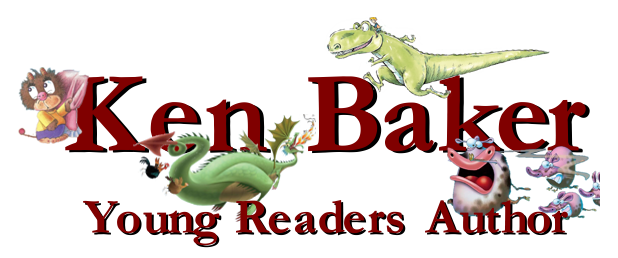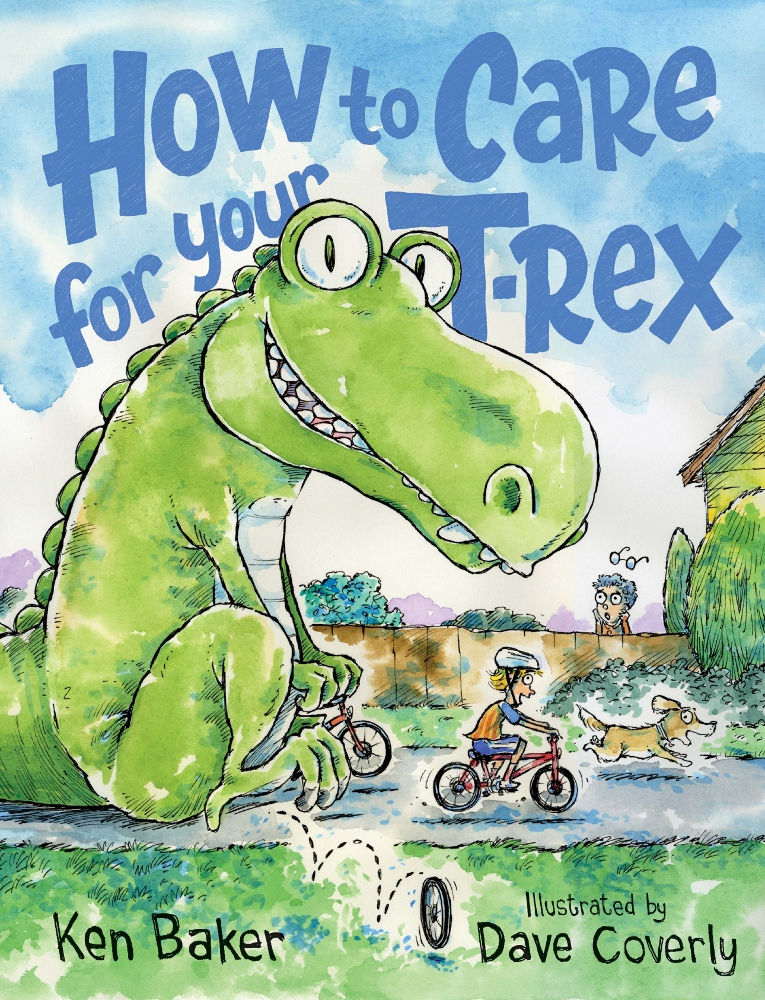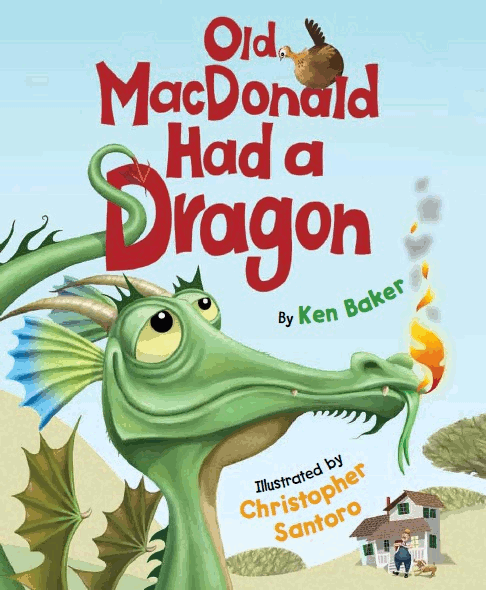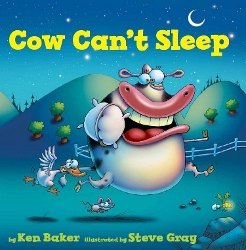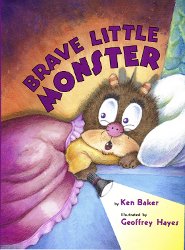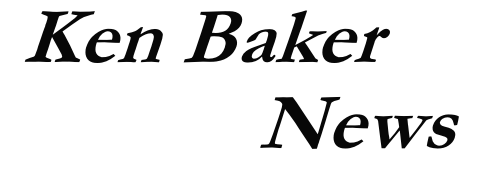Me: You were literally a rocket scientist at one time. Talk about that a little bit.
Daren: From an early age, I thought I had my career mapped out. I grew up loving aerospace. I had pictures of jet aircraft on my wall, including an iconic picture of the SR‐71. So, when I graduated from college in engineering, I considered a job offer working on shuttle boosters, but instead I chose a job in aerospace engineering, working on jet's gas turbine engines. And I thought, wow, you know, this is what I always knew I was going to do.
For that job I did thermal analyses to predict what all the temperatures would be inside of this jet engine based on different operating criteria. But at night I spent my time developing software to make the thermal analysis more effective. I built a model that was kind of like predicting the weather inside of a jet engine, so I wouldn't have to do the manual part of the thermal analysis. I loved the idea of how creative I could be with software to develop solutions that would make things better and optimize the things around me.
Me: So, you found this niche that you really loved and moved on from aerospace. Tell us about that journey.
Daren: During the early personal computer era my father bought our family a computer and I became a hobbyist learning to write code. I also took some programming classes in my college engineering program. So, when I realized I really enjoyed writing code, I started thinking about how I could pivot my career in that direction. So, I pursued an MBA with the thought of moving to a product management career in the software industry.
Between my first and second year of business school, I had an internship with Pepsi Cola. It wasn't supposed to be a software internship, but I worked on a team that was creating a new way for Pepsi's brand managers to leverage the supermarket scanner data. At the end of the summer internship, Pepsi tried to convince me to continue working on the software ant not go back to business school. Ultimately, I worked for them as a remote contractor while I finished my second year of business school. After I graduated, Pepsi wanted me to continue with them, but I chose to work for WordPerfect instead.
Me: Since then, you moved your way up to several senior management roles, including CTOs for multiple companies. I remember at one point you had uncertainty about next steps in your career What was it about Domo that made you decide it was a good fit for you.
Daren: My job at Pepsi Cola was my first foray into data and analytics. That really put a bug in me, this fascination with data, data mining, data exploring, insights from data. When I was CTO of Ancestry, I ended up getting very involved in the analytics of how Ancestry would acquire new visitors to the site, doing AB testing and deciding which campaigns would win. I became a data junkie. So when Josh James approached me and described what he wanted to do with Domo, that definitely spoke to me.
I've advised a lot of people over my career that if you choose a career that aligns with something that you are good at, then you're much more likely to enjoy your work and you're much more likely to stand out as one of the higher performers. If your career doesn't align with your strengths and your interests, you're always going to struggle.
Me: I know you're a religious person and a family man. How do you find life balance between career, religion, and family?
Daren: I think everybody's heard the anecdote, that people on their deathbed never will say,
Oh, I wish I'd spent more time at work.
Life goes by so fast. So, don't make the mistake of sacrificing too much of your time on your work life. You have to find the right balance, or you'll regret it.
Me: What advice do you have to help people find life balance?
Daren: What I'm really after in life is joy. I want to live a joyful life. So, I remind myself about the things that help me achieve a joyful life? Some of them are financial security, but much of my joy does not come from work. I have 14 grandchildren and one more on the way. Joy comes so much more from my family than it does my career.
Me: I know you work hard, but I also know you play hard. How does that help you find success.
Daren: We have a pretty close-knit family. When I think about the journey of raising a family and all of the other demands that are on our time, I value quite a bit that we've done and do a lot of vacations, spending meaningful time together. So, we make vacations a priority. That brings family together.
Me: What does success mean to you?
Daren: Definitely my family relationships. I value the joy I get from my family, my children, my grandchildren, and that joy. That is success for me.
* This interview has been edited for length. View the entire interview at
www.kenbakerbooks.com/expert_daren_thayne.html

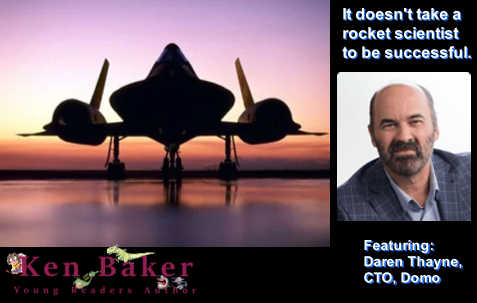
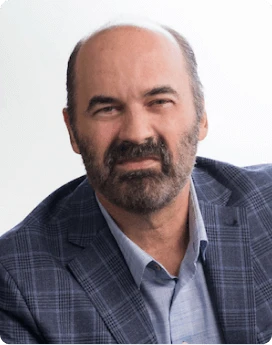


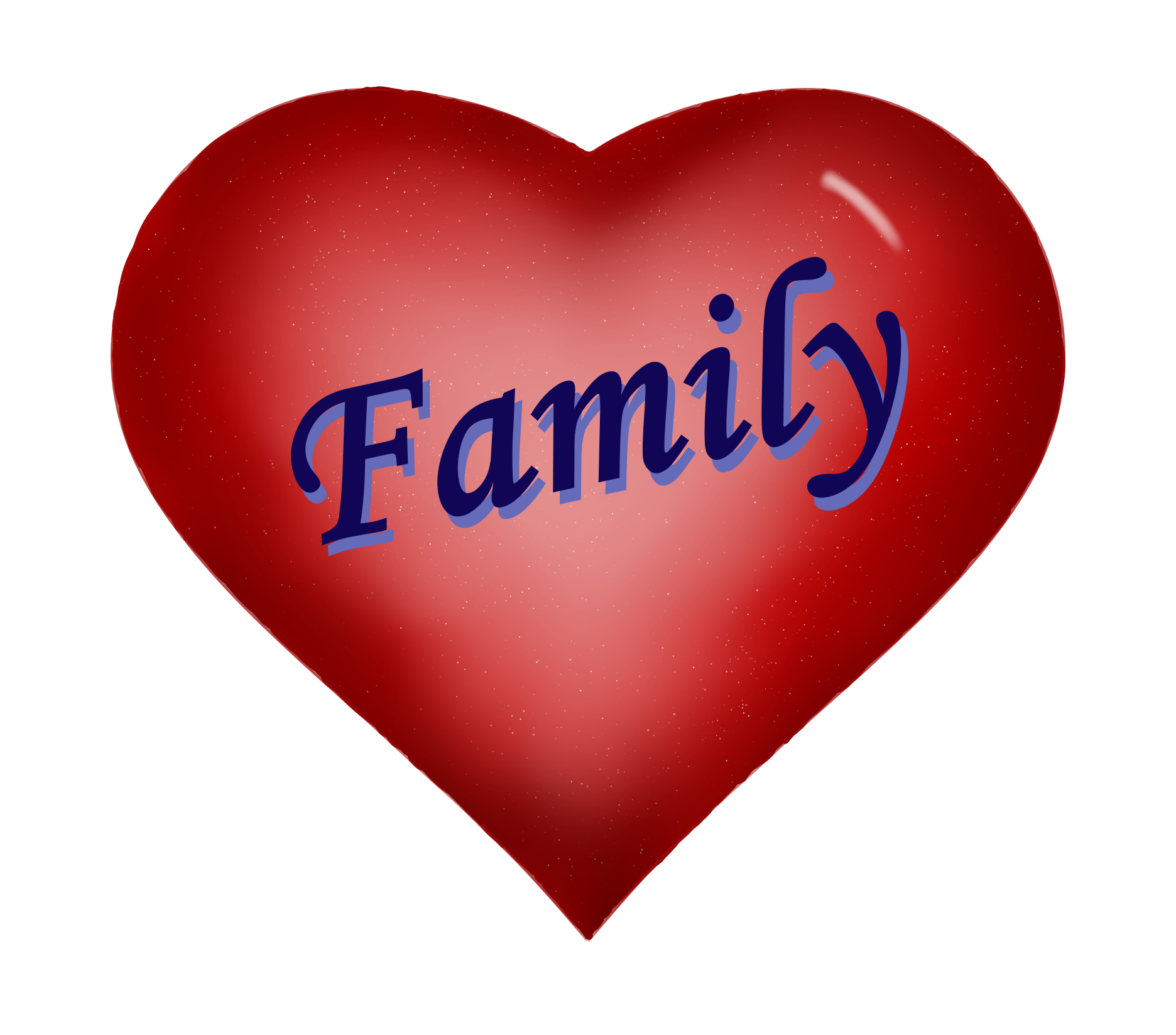 Heart image by Ken Baker
Heart image by Ken Baker
 Thank You image by Ken Baker
Thank You image by Ken Baker
